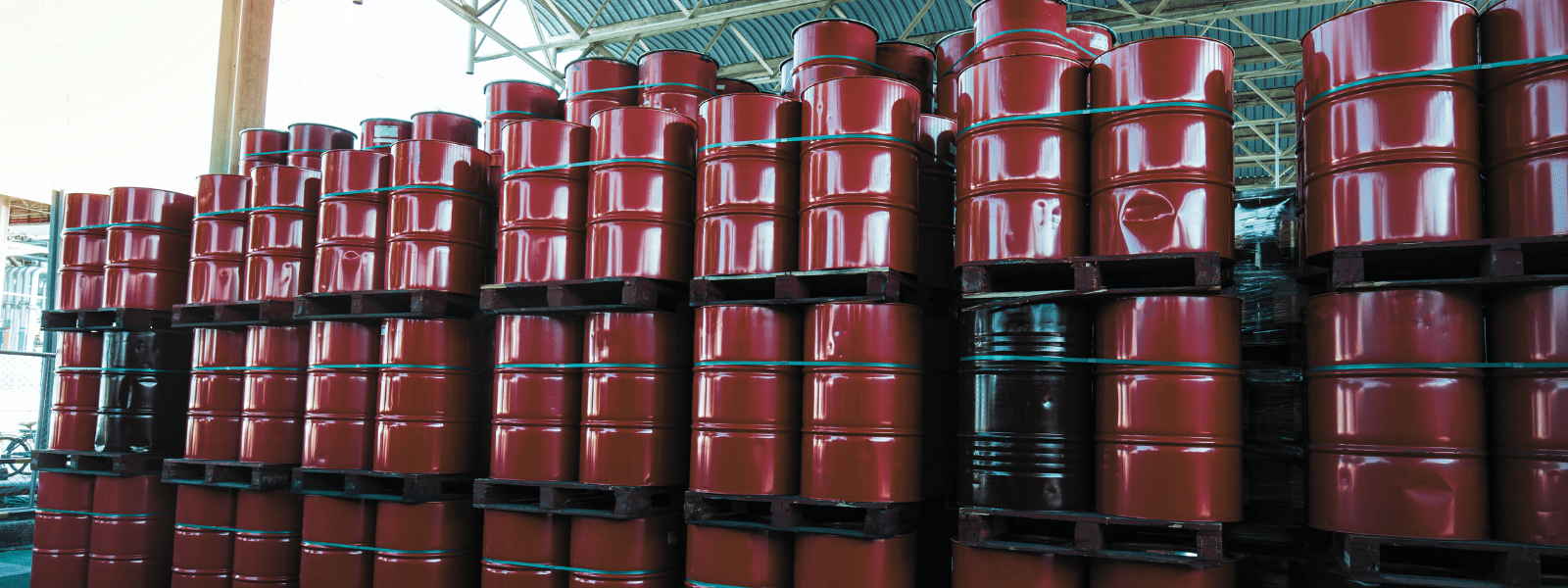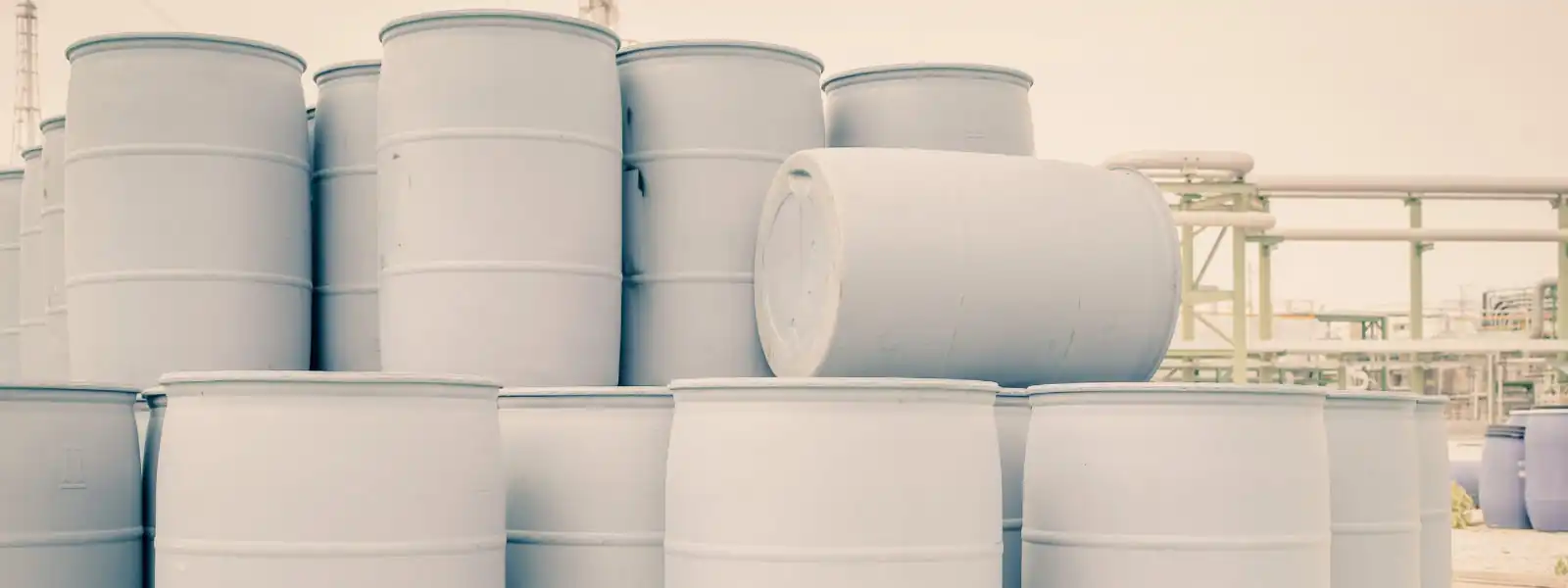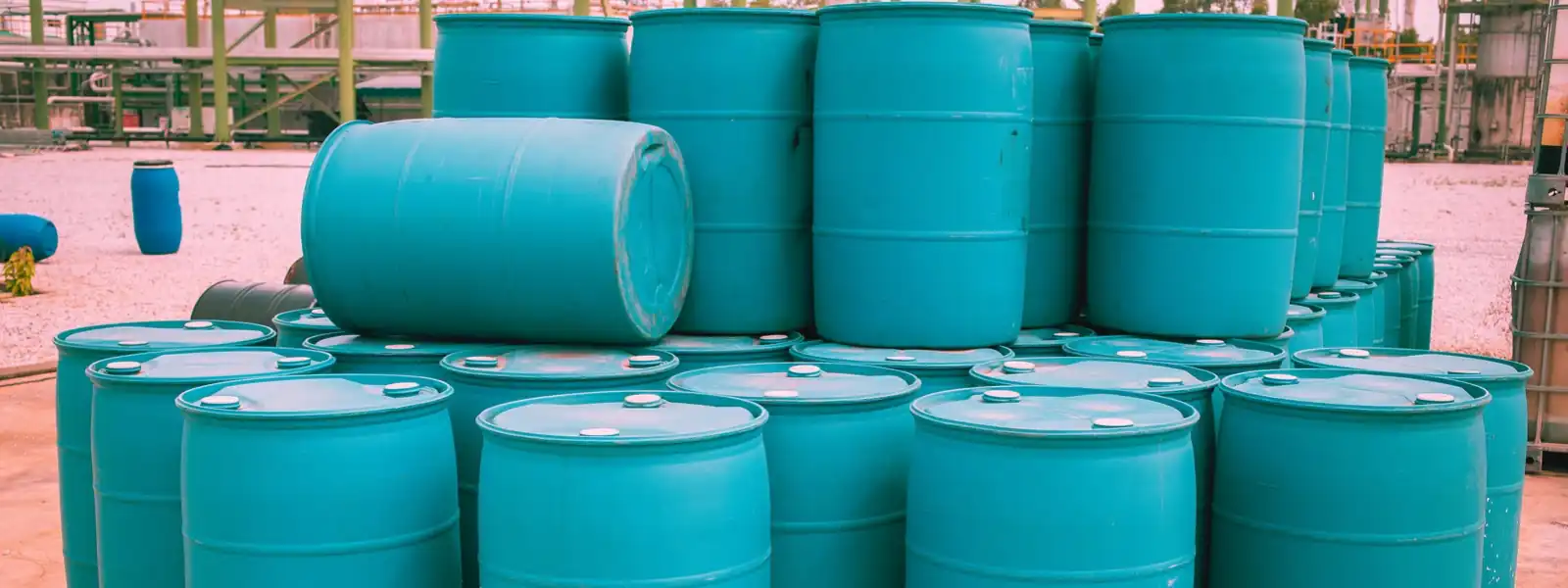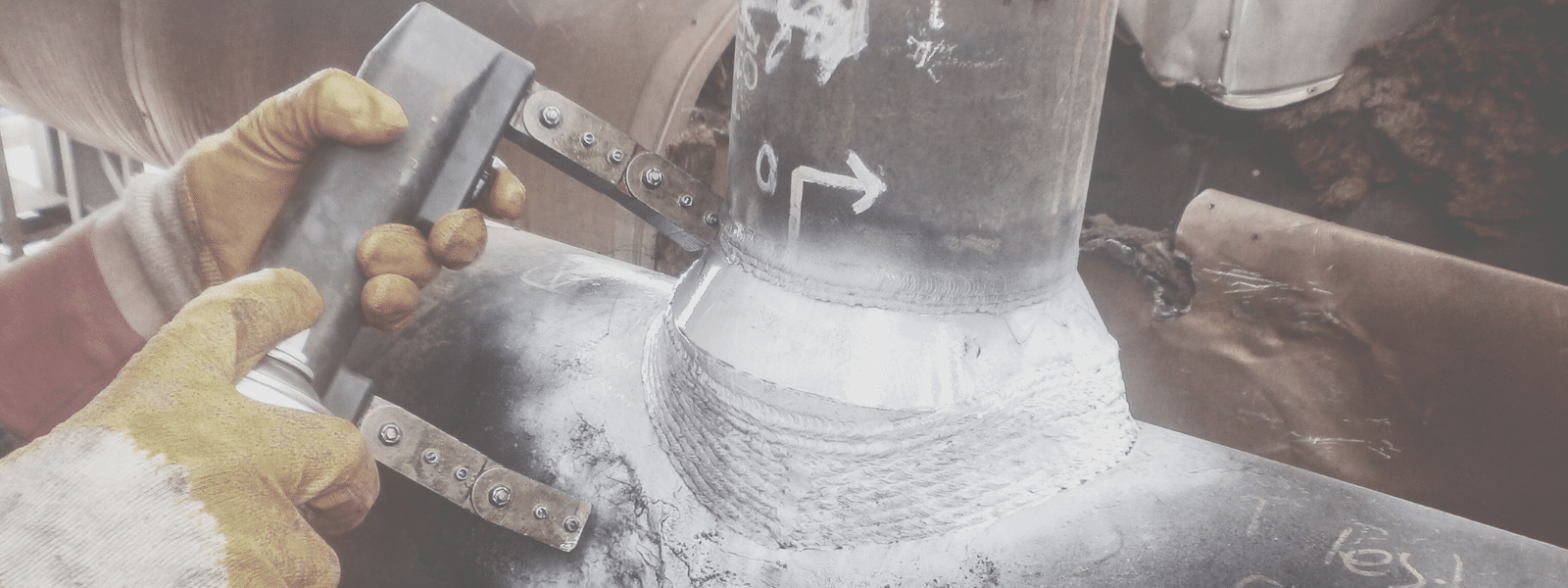Hexane vs. Heptane
Hexane and Heptane are similar hydrocarbon mixtures that have several important differences.
Key Differences
- Heptane is less toxic and less volatile than Hexane
- The low toxicity of Heptane makes it a safer chemical alternative than Hexane for gasoline and other applications.
- Hexane’s lower viscosity than Heptane enables it to be utilized for a wider variety of solvent applications than Heptane.
Shared Applications
Hexane and Heptane are similar enough that they can be used interchangeably for certain applications.
- Heptane and Hexane are both found in gasoline and have a gasoline-like odor.
- Heptane and Hexane both have vapors that are heavier than air.
- Hexane and Heptane are both insoluble in water, which is likely due to the fact that both are non-polar solvents.
- The fact that both Hexane and Heptane are non-polar solvents is derived from their shared status as hydrocarbon molecules.
- Non-polar solvents are able to dissolve other non-polar solvents. This is a quality shared by both Hexane and Heptane and why they are useful to extract oils and greases.
- Heptane and Hexane are both utilized as industrial cleaners, because of their powerful solvency.
- Heptane and Hexane can both be used for chromatography, which is the laboratory process of separating mixtures.
Common Uses
As previously stated, Heptane and Hexane are both components of gasoline. However, these substances have other unconventional uses in popular consumer items.
Hexane is an indirect additive to soy-based food products, because it is used to extract oils from plant seeds such as soy beans, corn, sun-flowers, and canola.
It is less expensive to extract oil with Hexane, than it is to use the traditional method of pressing oils out of seeds.
It is possible for Hexane residue to be left in soy-based foods and other materials, but it is unlikely for Hexane residue to be toxic in food items.
Using Hexane to extract soybean oil is often both cost-efficient, and energy efficient as opposed to other methods of extraction.
Pure Hexane is not used to extract soybean oil, but rather a mixture of isomers that comprise Commercial grade Hexane.
Hexane is also used for extraction of vitamin E from certain foods, however Heptane can also be used for this purpose and is a much safer alternative.
Heptane is effective at separating vitamin E from cereal products without the potential harm associated with Hexane.
Heptane is also utilized as an outdoor oven cleaner.
Either Heptane or Hexane can be found in rubber cement along with minor components of IPA 99%, acetone, or toluene.
Shop our Heptane and Hexane commodities here, or if you have questions, please call (800)-563-1305.















